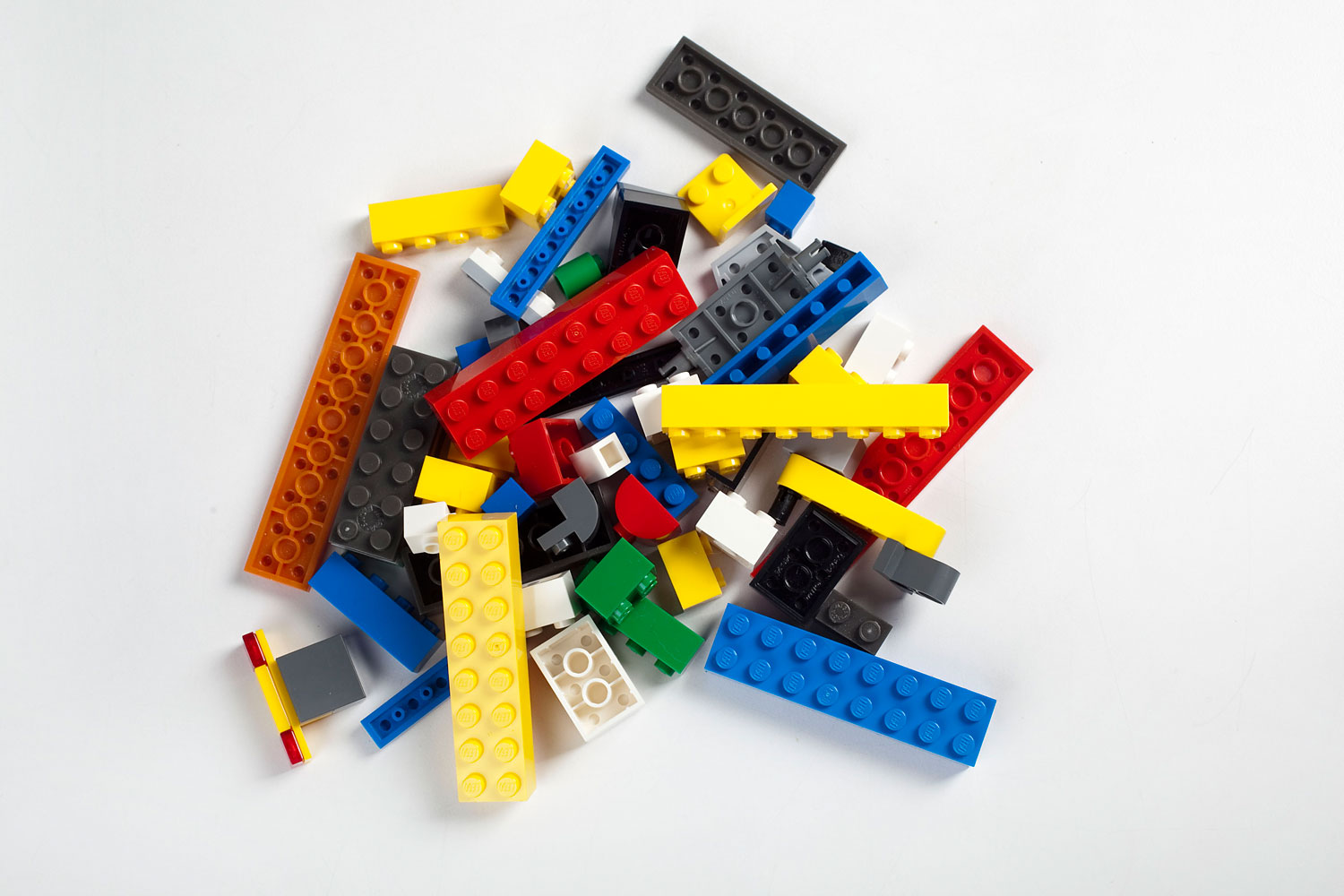
What’s not to like about Legos (unless you’re a parent stepping on one of those errant little blocks in the middle of the night)? The Danish toy is an icon, and adults as well as kids loved the Lego movie.
But a viral video by Greenpeace lambasting Lego for its partnership with Shell has stirred up a social media firestorm, thanks to the environmental group’s nearly two-minute depiction of a pristine Arctic landscape (made entirely of Legos, of course) flooded by a creeping tide of oil as a version of the song “Everything is Awesome” from the Lego movie plays in the background.
The issue at the crux of this unlikely mashup is Royal Dutch Shell’s initiative to drill for oil in the Arctic. The company’s plans to drill off the coast of Alaska are already on ice for the year following a January federal court ruling, but Greenpeace is turning up the heat on the oil giant anyway by targeting a partnership between Lego, Ferrari and oil company Shell to sell Lego cars branded with the oil company’s logo.
Lego has used the Shell logo (among others) on its toys in the past, and it has a long-term partnership with the oil company. On its website, Greenpeace explains the timing of the campaign, saying, “Now Shell is threatening the Arctic, it’s time for LEGO to finally pull the plug on this deal.”
Tim Calkins, clinical professor of marketing at Northwestern University, says that since most people don’t see Legos and think, “arctic oil drilling,” the connection is surprising enough to attract attention. “Greenpeace is wisely targeting Lego to draw attention to the issue,” he says.
Other marketing experts agree. “Lego is an easy target for activists because of its wholesome reputation and the fact that its products target kids,” says Mike Johansson, a lecturer in communications dept. at Rochester Institute of Technology.
“As a pure PR play, “Everything Is NOT Awesome” (which has topped 1 million views since Tuesday) is itself pretty awesome,” AdWeek’s Tim Nudd writes.
Eye-catching? Yes. But will “Everything is NOT Awesome” be effective? That remains to be seen. Lego doesn’t seem to be backing down, at least not for now. On July 1, Lego posted a series of tweets to its Twitter feed and a longer version of a statement from president and CEO Jørgen Vig Knudstorp on its website.
“The Greenpeace campaign focuses on how Shell operates in a specific part of the world. We firmly believe that this matter must be handled between Shell and Greenpeace,” he said. “I would like to clarify that we intend to live up to the long term contract with Shell, which we entered into in 2011.”
Johansson points out that Lego has weathered PR storms before and emerged unscathed. “The reason, I believe, is that the majority of parents, the main buyers of Lego products, have questions about why activist groups target a children’s toy company.”
And Greenpeace isn’t actually asking parents not to buy Legos — just to voice their objections, which it seems they are doing. Forbes says since Greenpeace launched a petition at the beginning of the month asking Lego to break up with Shell, a quarter of a million letters have been sent to the toy company urging them to do just so, according to the environmental group.
The flip side is that Lego has spent a lot of time and money building a reputation for itself as an eco-friendly company, pledging to use all sustainable energy by the end of the decade and it’s looking for a sustainable plastic to use in manufacturing. Two years ago, its parent company even said it would spend more than $500 million towards construction of an offshore wind farm.
Given the time and effort it’s invested towards being green, Lego might eventually want to re-think the Shell partnership, Calkins says. “Shell clearly benefits from its partnership. For Lego, the connection with Shell is a mixed bag.”
More Must-Reads from TIME
- Donald Trump Is TIME's 2024 Person of the Year
- Why We Chose Trump as Person of the Year
- Is Intermittent Fasting Good or Bad for You?
- The 100 Must-Read Books of 2024
- The 20 Best Christmas TV Episodes
- Column: If Optimism Feels Ridiculous Now, Try Hope
- The Future of Climate Action Is Trade Policy
- Merle Bombardieri Is Helping People Make the Baby Decision
Contact us at letters@time.com